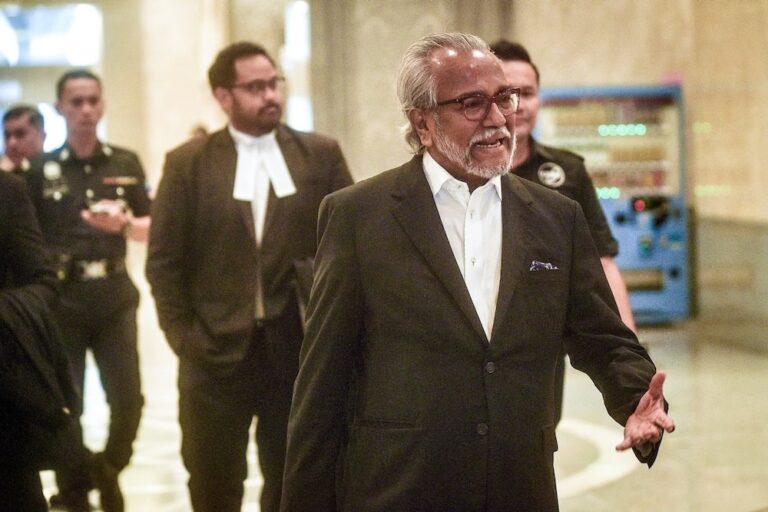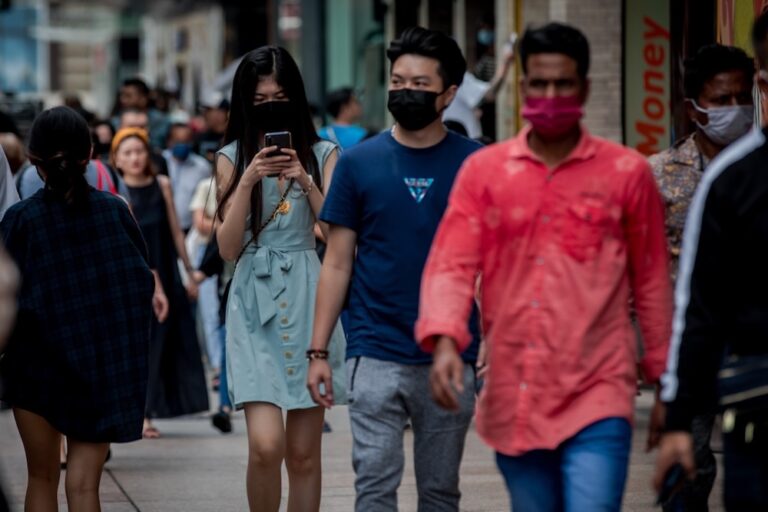(ARTICLE 19/IFEX) – The following is an ARTICLE 19 press release: MALAYSIAN SEDITION ACT: A TOOL TO ABUSE FREEDOM OF EXPRESSION An ARTICLE 19 analysis has deemed that the Malaysian Sedition Act 1948, in active use by the authorities, is in serious breach of freedom of expression. A recent analysis by ARTICLE 19 of the […]
(ARTICLE 19/IFEX) – The following is an ARTICLE 19 press release:
MALAYSIAN SEDITION ACT: A TOOL TO ABUSE FREEDOM OF EXPRESSION
An ARTICLE 19 analysis has deemed that the Malaysian Sedition Act 1948, in active use by the authorities, is in serious breach of freedom of expression.
A recent analysis by ARTICLE 19 of the Malaysian Sedition Act 1948 (1) points to a number of serious problems with this law, which fails all three parts of the international test for restrictions on freedom of expression:
* The definition of the crime of sedition is very vague and both ‘sedition’ and ‘seditious tendency’ are loosely defined.
* The law does not pursue a legitimate aim because both its purpose and its effect go far beyond protecting public order and security.
* The provisions are unnecessarily broad, criminalizing a range of perfectly legitimate political speech.
* The Malaysian crime of sedition breaches the fundamental principle that no one should be convicted of a criminal offence in the absence of a ‘mental element’ or ‘intention’.
Despite these serious shortcomings, the Malaysian Sedition Act has been used widely by the Malaysian authorities to detain and repress opposition figures, activists and critical media. Recent high-profile cases include the 20 January 2003 raid on the online newspaper Malaysiakini, and the January 1999 charges against Karpal Singh, lead counsel for Anwar Ibrahim, for comments made in court.
ARTICLE 19, Forum-Asia and SUARAM urge the Malaysian government to take immediate steps to repeal the Sedition Act 1948 and to absolve those charged under this law of any criminal responsibility. We also call on the authorities to bring to an end political victimisation and to allow opposition party members, media, human rights organisations and anyone else who wishes to express their opinions on matters of public interest to do so openly and without fear of retribution, legal or otherwise.
1. This analysis is produced as part of the regional project “Promoting and Protecting Freedom of Expression and Freedom of Information in the ASEAN Region”, a joint collaboration between ARTICLE 19, Forum-Asia and a number of country organisations, including SUARAM of Malaysia.
2. See the full analysis at http://www.article19.org/docimages/1648.doc


